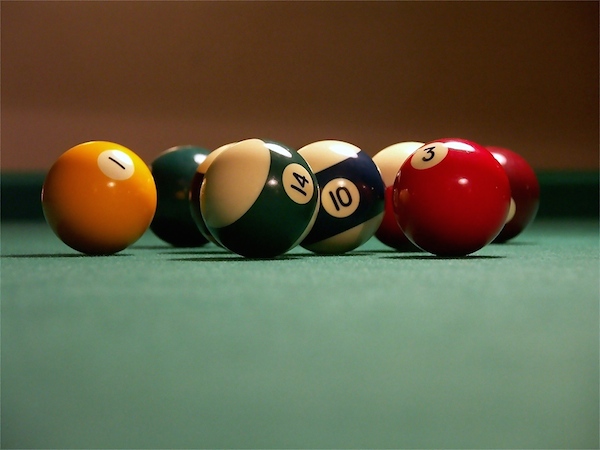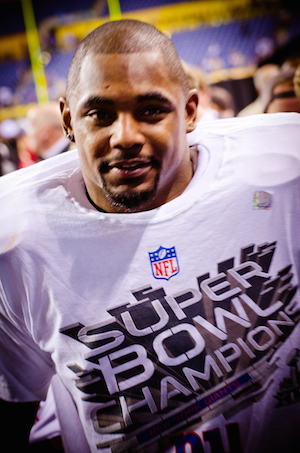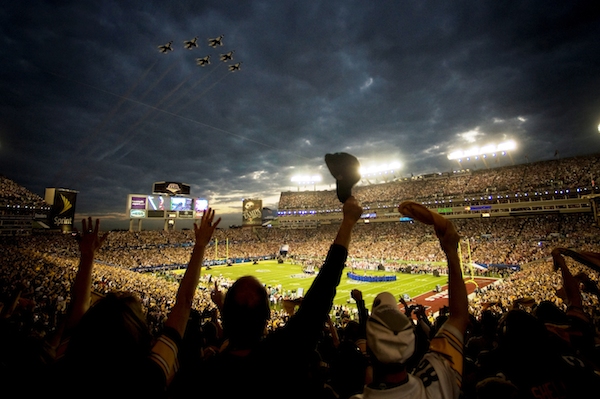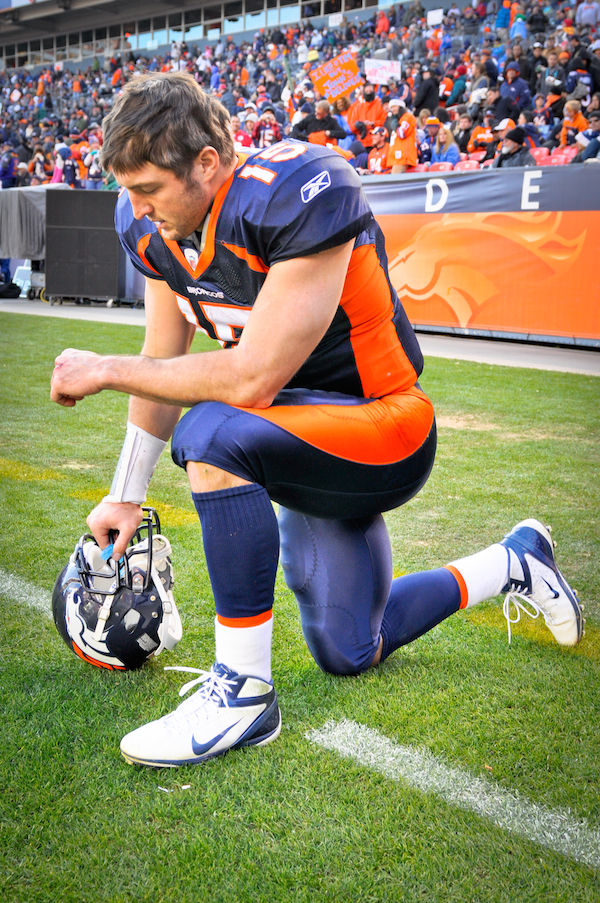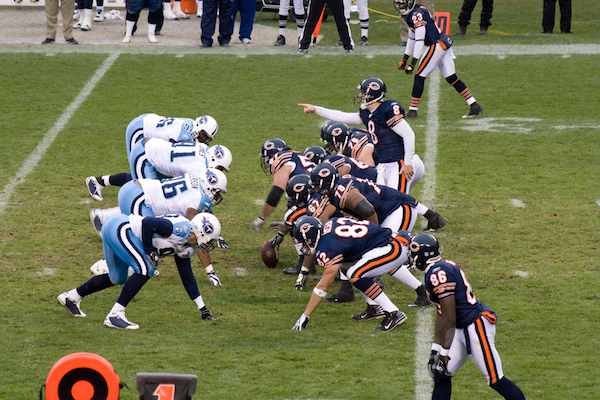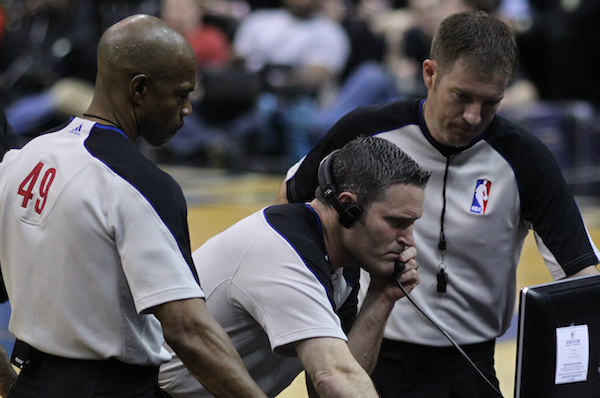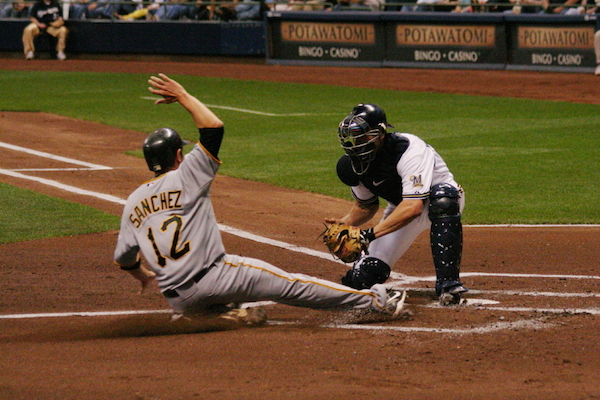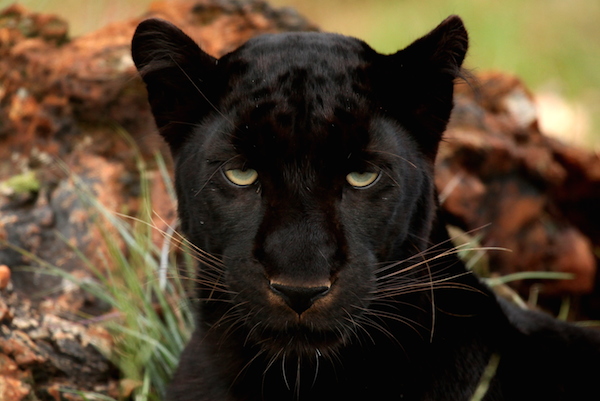Dear Sports Fan,
Are more predictable sports more popular than unpredictable sports?
Thanks,
Tyrone
Dear Tyrone,
Great question! I’m not sure what the answer is, or if there even is a clear correlation between popularity and predictability, but it’s something I’ve often thought about it. Let’s explore this together!
The four major sports in the United States are Football, Basketball, Hockey, and Baseball. In two of those sports, Football and Basketball, college competition is close in popularity to the professional leagues, so we will include those in our discussion. The first thing to do is establish the order in which these sports are popular. I have my own favorites, but television ratings should provide a pretty good guide to the true popularity of the sports. There’s a good post on this at www.spottedratings.com which looks at the relative ratings of the championships of the six sports leagues. In order, they are:
Popularity (Television Ratings)
1. NFL Football
2. NBA Basketball
3. College Basketball
4. College Football
5. Major League Baseball
6. National Hockey League[1]
Now we come to the more interesting piece of this which is to attempt to rank these in order of predictability. There are two main factors that play into this — the format of the playoffs and the elements of the sport itself. The key difference in format is between single elimination[2] and a playoff series.[3] As you might imagine, the playoff series creates much more predictable results because it allows a better team to have an off night and still end up the champion.
Single Elimination
NFL Football
College Basketball
College Football
Playoff Series
NBA Basketball
Major League Baseball
National Hockey League
It’s a bit harder to figure out how the elements of each sport affect their predictability. I’m sure there are thousands of factors that effect this, but let’s just chose one to think about — the average score. High scoring games would seem to be more predictable by the same logic that playoff series are — they make it less likely that a single bad moment, a single mistake, or a single moment of unusual brilliance will change the eventual result.
Scoring (from high to low)
NBA Basketball
College Basketball[4]
College Football
NFL Football
Major League Baseball
NHL Hockey
If we combine these two factors[5] we end up with the sports in this order.
Predictability (format, scoring)
NBA Basketball (+3,+3) 6
Major League Baseball (+3,-2) 1
National Hockey League (+3, -3) 0
College Basketball (-3,+2) -1
College Football (-3, +1) -2
NFL Football (-3, -1) -4
This model, because of its simplicity, doesn’t quite match up with my instincts about the sports. For instance, my gut tells me that College Football is actually significantly more predictable than College Basketball, there’s a reason the College Basketball tournament is called “March Madness,” but I think it’s mostly correct. For evidence of the overall directional correctness, consider that there have been twelve different NFL champions in the last twenty years but only eight in the last twenty years of the NBA. The NFL engenders clichés like “any given Sunday” to express its unpredictable nature, whereas the NBA is known for its dynastic teams, the Boston Celtics and the Los Angeles Lakers[6] and Michael Jordan who won six championships with the Chicago Bulls during eight years in the 1990s.
I’m still not sure if there is any clear connection between predictability and popularity, but it at least seems obvious that unpredictability is not harmful to a sport’s popularity. So when you hear silly stories about how horrible it is that College Football doesn’t have a playoff like College Basketball does, and people like Barack Obama get involved, just make sure they don’t use “getting the best team to be the champion” as a rationale. Not only is a single elimination playoff notoriously unpredictable, but many of the most popular sports have the least predictable results!
Thanks for your question,
Ezra Fischer
- It’s figuratively physically painful for me to see hockey at the bottom of this list since it has clearly the best playoffs of any sport. It is worth mentioning that some of its finals games are televised on a mildly obscure cable channel with a relatively smaller distribution.↵
- if your team loses a single game, it’s out↵
- like you played rock-paper-scissors as a kid, this is best x out of y where x = y/2 + 1↵
- The college game is eight minutes shorter and has a longer shot clock which allows a team to hold the ball longer before being forced to take a shot.↵
- Let’s do give a sport +3/-3 for format and +3 to -3 for scoring to get a ranking from 1-6 overall↵
- These two teams alone have won 33 of 65 NBA championships.↵

